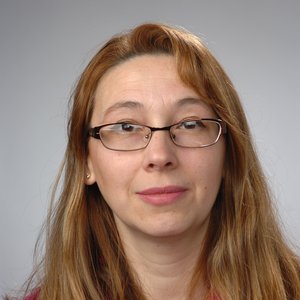M.A. in Linguistic Studies
General Information
Linguistics is the scientific study of language and is concerned with the following questions (among others): What does knowledge of a language consist in and how is this knowledge acquired and put to use? What are the similarities and differences among languages? How is language represented in the human brain? How does language differ from animal communications systems? How does language function in society? How and why does language change over time? In addition, linguistics is applied in the teaching of languages and in education generally, in computer programming, in advertising, and in many other areas of study and activity in which language plays a central role.
The Linguistic Studies Program is an interdisciplinary program incorporating not only courses offered within the department of Languages, Literatures, and Linguistics -- prefixed 'LIN' -- but also courses from the following academic units: Anthropology, Child and Family Studies, Cognitive Science, Communications Sciences and Disorders, Communication and Rhetorical Studies, Computer and Information Science, Reading and Language Arts, Information Studies, Philosophy, and Spanish.
Sample Requirements for the MA in Linguistic Studies
- A minimum of 30 hours of course work in a Concentration Area (see below) selected in consultation with the Concentration Advisor for that area. The program typically requires at least one and one half academic years (starting in a fall semester) for completion.
- A thesis may be subsituted for 6 hours of course work.
- Satisfactory completion of four written comprehensive examinations, consisting of a twenty-four hour take-home in each of three core areas -- Phonology, Syntax, and Sociolinguistics -- and a written examination on the student's Concentration Area.
- Students submitting a thesis will be required to defend it orally (thesis defense), as well as pass the three core comprehensive examinations described above. The thesis defense takes the place of the examination in the Concentration Area.
Concentration Areas
Students will formulate their program in consultation with their Concentration Advisor. All programs must meet the general standards put forth by the Graduate School of Syracuse University. Courses will be primarily selected from LSP courses. However, other appropriate courses (such as those closely related to LSP courses and those fulfilling a suitable support function -- e.g., statistics, child development) may be included as well. The following are the Concentration Areas:
- Information Representation and Retrieval
- Language Acquisition
- Language, Culture, and Society
- Linguistic Theory
- Logic and Language
- Teaching Languages (TESOL/TLOTE)
Director

Amanda Brown
Program Faculty

Tej Bhatia
315.443.5374

Amanda Brown

Christopher R. Green
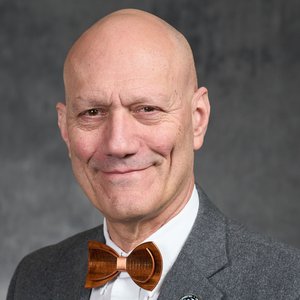
Gerald R. Greenberg
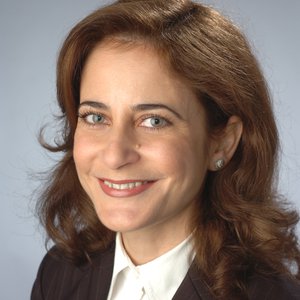
Rania Habib
315.443.8073
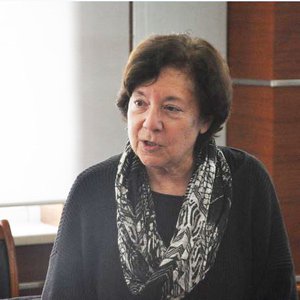
Jaklin Kornfilt
315.443.5375
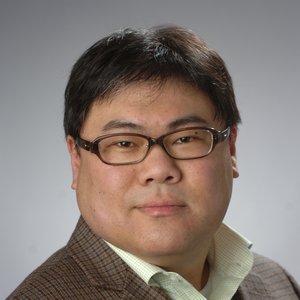
Kenji Oda
